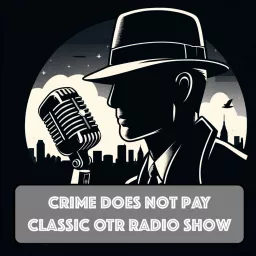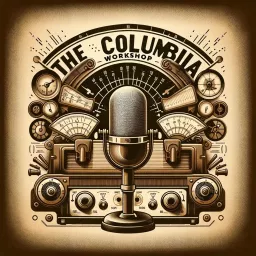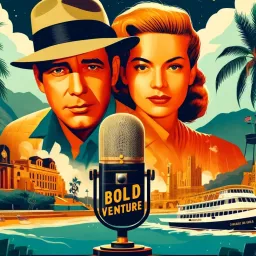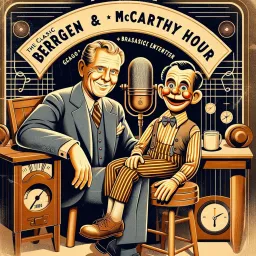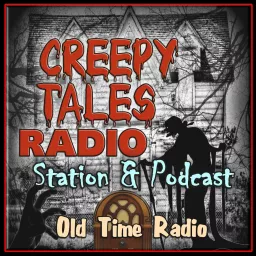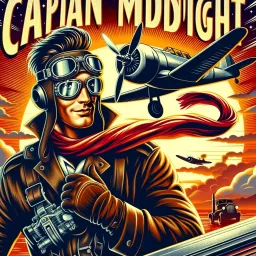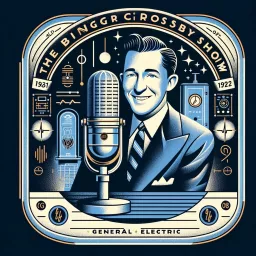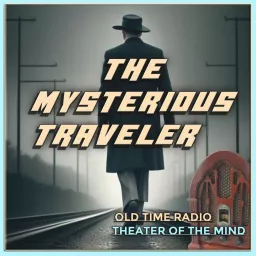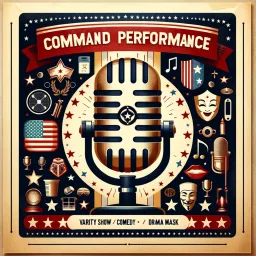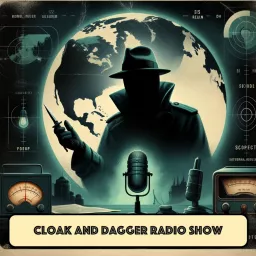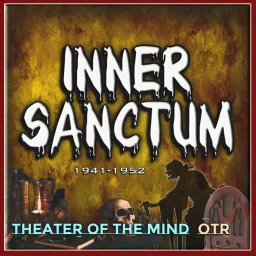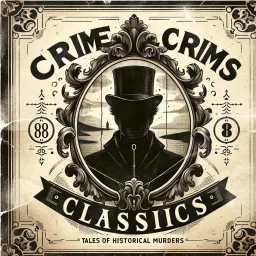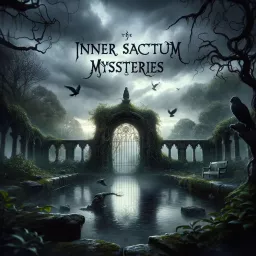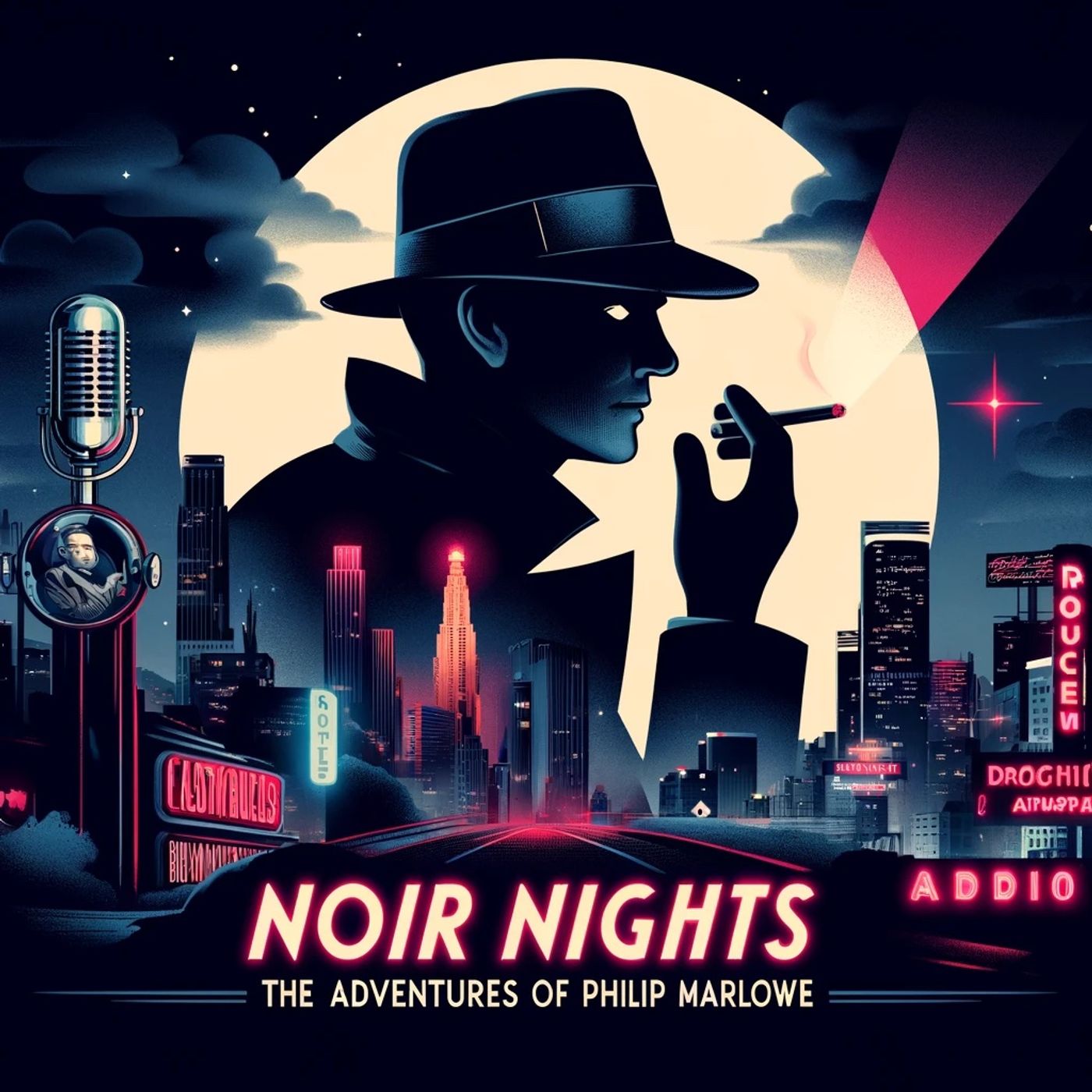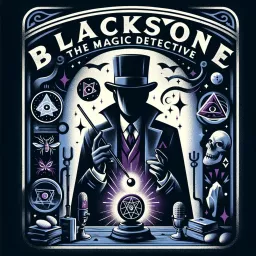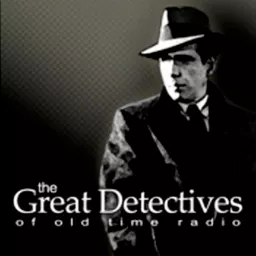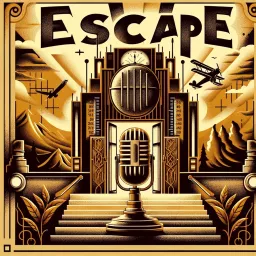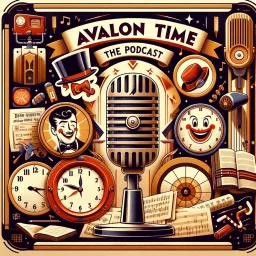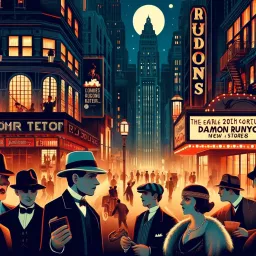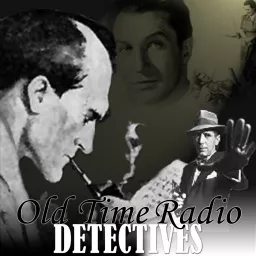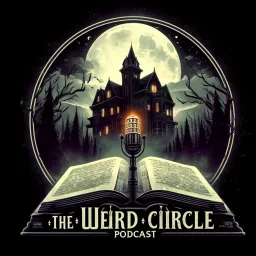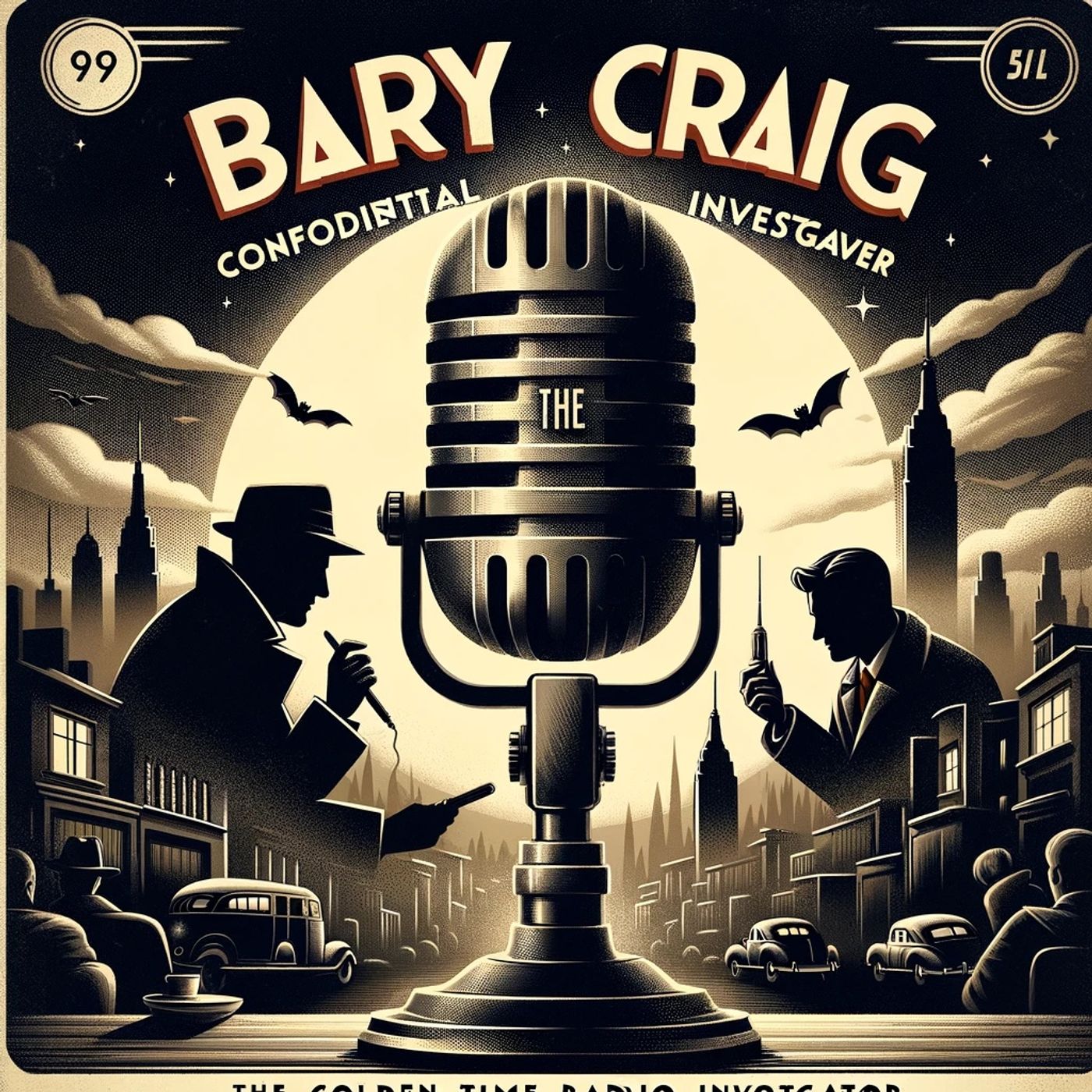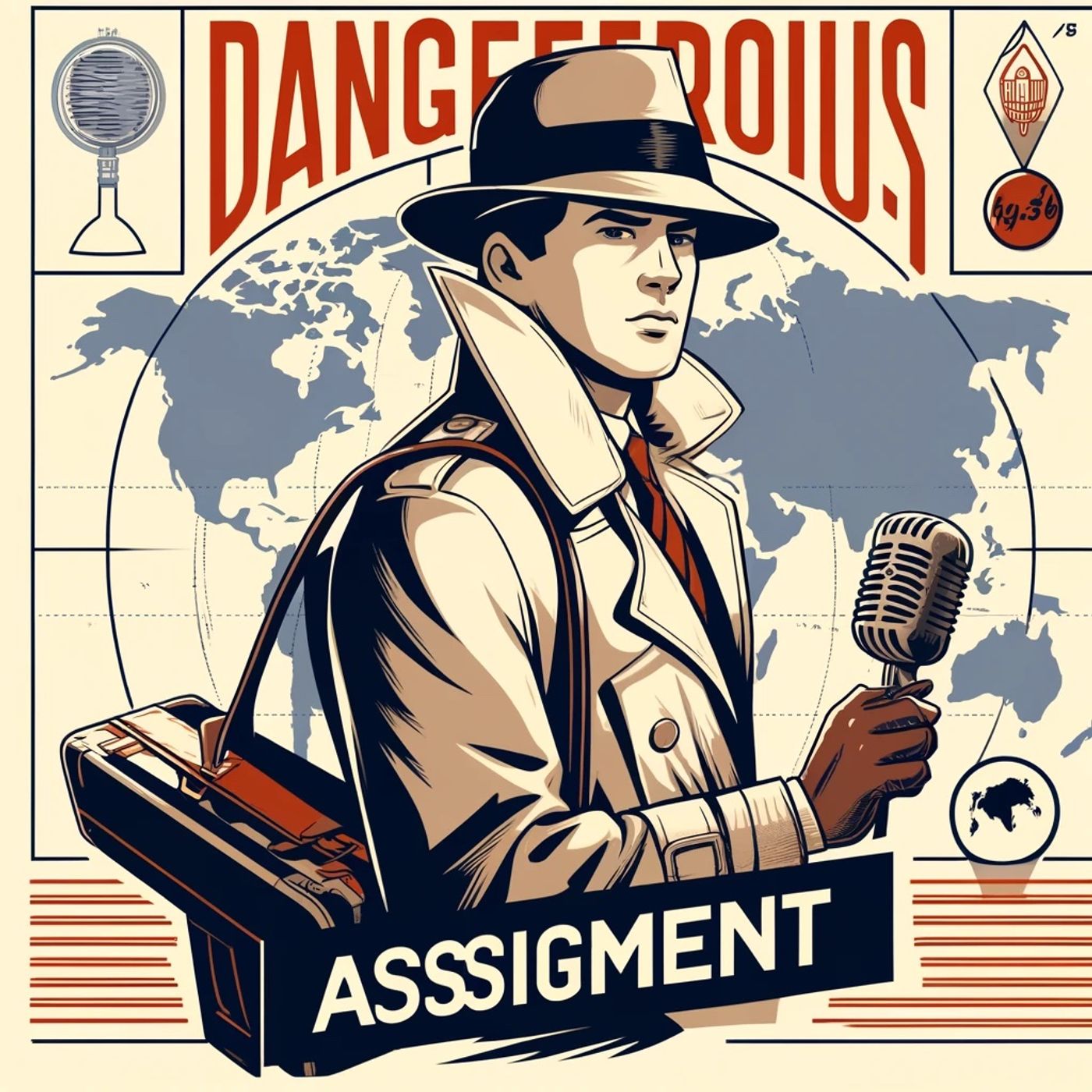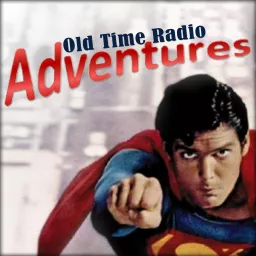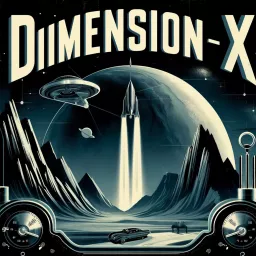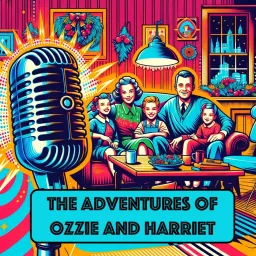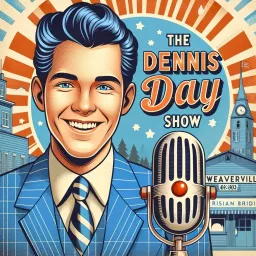David Harding, Counterspy - OTR radio
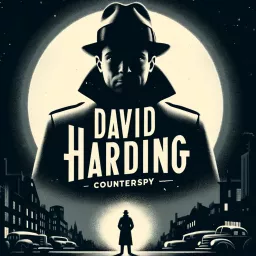
"David Harding, Counterspy" was a popular Old Time Radio show that focused on espionage and thrilling detective stories. It aired from 1942 to 1957, captivating audiences with its tales of American counterspies battling enemy agents during a time when interest in espionage was high due to World War II and the ensuing Cold War.
Concept and BackgroundThe show was created by radio producer Phillips H. Lord, who had previously found success with similar crime drama series. The central character, David Harding, was the chief of a fictional U.S. government espionage agency that fought against foreign spies and saboteurs. The stories often featured high-stakes plots involving innovative technology and psychological warfare.
Cast and Characters
• David Harding was portrayed by several actors over the years, including Don MacLaughlin and Mandel Kramer. These actors brought a stern, authoritative presence to the role, embodying the ideal American hero of the time.
• Other recurring characters included agents and various villains, typically played by seasoned radio actors who rotated through different roles.
Notable EpisodesSome episodes stood out for their intricate plots and intense drama:
• "The Case of the Bouncing Bank Robber" featured Harding tracking down a clever bank robber who used innovative methods to cover his tracks.
• "The Case of the Postal Pirates" involved a scheme to rob mail trucks, highlighting the procedural and detective aspects of the counterspies' work.
Broadcast History and Impact
"David Harding, Counterspy" initially aired on the NBC Blue Network, later moving to ABC and then CBS, reflecting its popularity and broad appeal. The series was well-received for its fast-paced stories and detailed depiction of spy work, often incorporating current events into its plots, which added a sense of immediacy and relevance.
The show's format typically involved a brisk narration that introduced the case, followed by dramatizations of the counterspies in action, and culminating in a satisfying resolution where justice was served. This formula proved highly effective and influenced subsequent spy and crime shows on radio and television.
"David Harding, Counterspy" was not only a form of entertainment but also served as propaganda to boost morale and support for American efforts during World War II and the Cold War. Its focus on technology and intelligence-gathering presaged the increasing significance of such themes in espionage activities post-war.LegacyThe show's legacy is significant as it helped establish the espionage genre in American media, influencing other series and even films. Although "David Harding, Counterspy" might not be as widely remembered as some contemporary shows, its role in shaping the portrayal of spies and counterspies in popular culture is undeniable. The series remains a fascinating snapshot of mid-20th-century American radio and its impact on public perceptions of security and intelligence.
for more info https://www.quietperiodplease.com/
